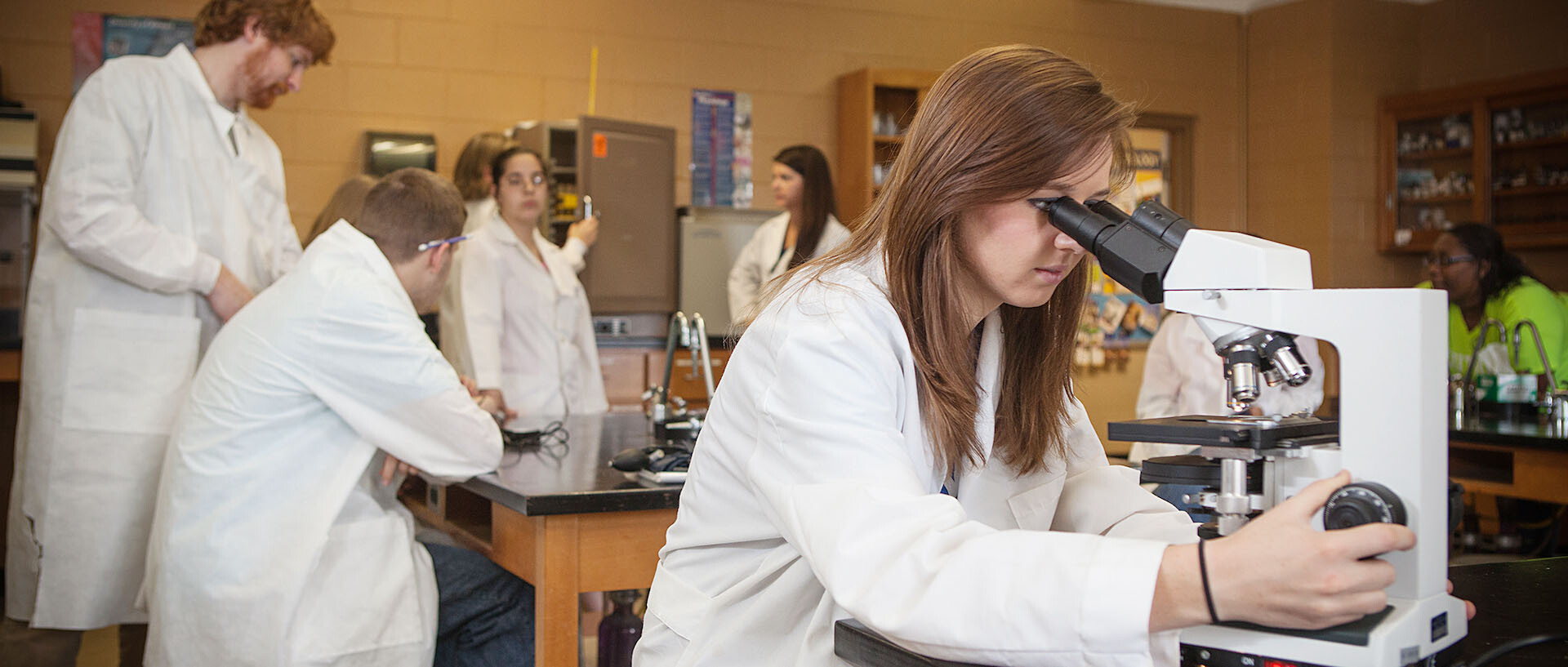
Pre-Medical Science (BS)
Make an impact in the health professions.
A Pre-Medical Science degree from SWU prepares you to excel in medical school and build a career in health, whether your goal is to serve as a medical professional or researcher. Through our rigorous curriculum, you’ll learn everything you need to prepare for medical school while integrating Christian faith with biology. Your journey will also include personalized attention and mentorship from our dedicated faculty members.
SWU graduates go on to enroll in medical school, pharmacy school, physical therapy programs, bachelor of science in nursing programs, and more. In just the past ten years, our graduates have attended 11 different medical schools in the U.S. and worldwide.
Accelerate your journey to medical school at SWU. SWU has a guaranteed interview program with Edward Via College of Osteopathic Medicine (VCOM), and the Pre-Medical Science program is approved to receive the Enhanced Scholarship for LIFE Scholarship and Palmetto Fellows.
“I really liked the community involvement and smaller class sizes. And having that one-on-one interaction with your professors has really really helped me a lot.”Emma Jo Wolfe — Pre-Medicine/Pre-Dentistry, Class of 2023, Second Year Student at Edward Via College of Osteopathic Medicine
- Graduate student (MS, Ph.D.)
- Lab technician
- Medical laboratory manager
- Nurse
- Veterinarian
- Occupational therapist (OT)
- Physical therapist (DPT)
- Physician (MD or DO)
- Physician’s assistant (PA)
- Researcher
Graduates of the Pre-Medical Science program will be able to:
- Demonstrate both a theoretical and practical mastery of general biology topics, aligning with the recommendation of Vision & Change (AAAS 2010).
- Apply and evaluate the effectiveness of laboratory techniques in addressing research questions or problems in real-world scenarios.
- Interpret, evaluate, and draw conclusions from data in order to make evidence-based arguments about the natural world.
- Integrate concepts across other STEM disciplines (e.g., chemistry, physics) and multiple fields of biology (e.g., cell biology, ecology).
